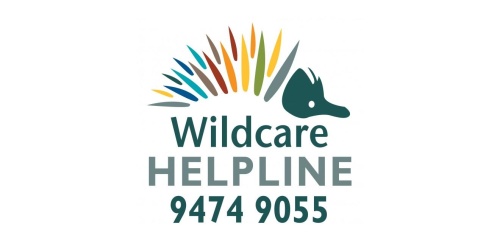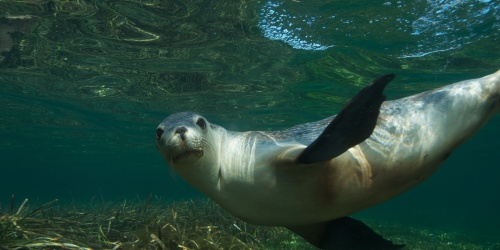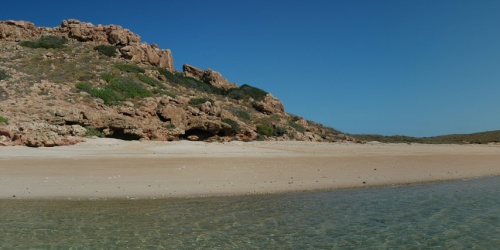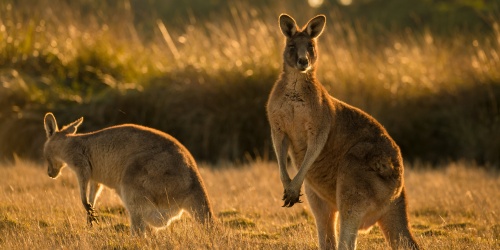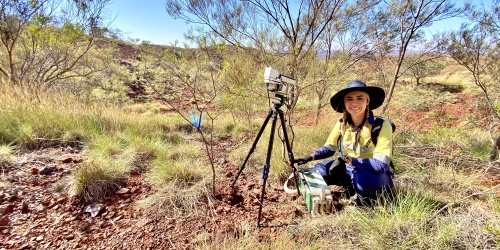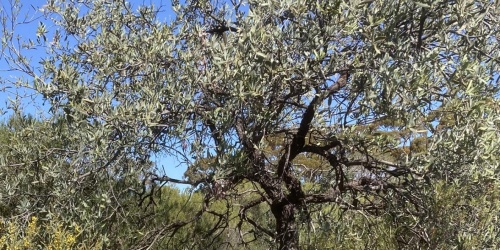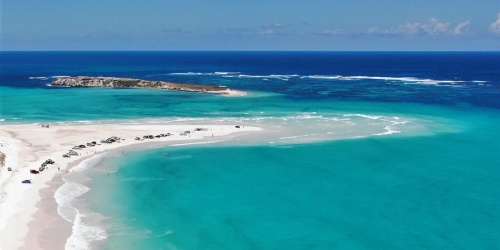This video follows a DBCA team as they go through the whale carcass removal process step by step.
Populations of humpback and southern right whales that annually migrate along the Western Australian coast have steadily recovered since commercial whaling ended several decades ago – truly a conservation success story.
With an increase in the number of whales, there is an increase in mortalities within a healthy population. This naturally occurring cycle means there is a higher probability of an increased number of whale carcasses washing ashore during the migration.
Decaying carcasses are part of the natural cycle of life on Earth that contributes to sustaining life. When these events occur in remote locations along our extensive coastline there is generally no need for humans to intervene. However when they occur close to human population centres they can pose a number of issues including public health concerns and an increased presence of large sharks in coastal waters.
Who is responsible?
The Government of Western Australia has a clearly defined policy position on the responsibilities for whale carcass management whereby the land manager is responsible for the carcass.
Where a whale carcass washes up in a populated area, the responsibility for the disposal of the carcass rests with the relevant land manager. If the beach is part of a marine park, national park, or other land/waters managed by DBCA (including the Swan Canning Riverpark), the responsibility for removal rests with DBCA's Parks and Wildlife Service. In all other instances the responsibility rests with the relevant local government or other land manager. DBCA will assist with the provision of information about suitable contractors to undertake the work, the collection of species information and data, and specialist advice in wrapping the carcass.
Where local government does not have the appropriate consumable materials to wrap and secure the carcass for removal, DBCA may be able to provide these with costs recouped from the local government. Where a land manager requests DBCA undertake carcass removal on their behalf, if DBCA is able to assist, full cost recovery from the land manager will be sought.
The decision to remove a whale carcass requires consultation between the relevant land manager/local government authority, the Department of Primary Industries and Regional Development, and the Parks and Wildlife Service.
If a carcass washes up on a remote beach and human interaction is minimal, the general practice is to leave it in situ to decompose naturally.
Resources from other agencies
As whale carcasses are a known shark attractant, the Department of Primary Industries and Regional Development (DPIRD) also has a role in their management. Please refer to SharkSmart - Whale Carcass Management.
Download the whole of government whale carcass management fact sheet from the Fisheries website.
Removal options
Although beached carcasses impact on public amenity to an area, by allowing a carcass to come to shore, the shark hazard can be contained. Once beached, a carcass can be quickly and successfully removed so that the whale is no longer a shark attractant.
Numerous previous attempts to tow whale carcasses out to sea have been unsuccessful. In particular, the eddying nature of the Leeuwin current off the coast of Perth makes it likely that towed carcasses may return to land regardless.
However, occasionally, attempts to tow are made, and on occasion, the operation is successful due to the very specific logistical and safety prerequisites being met, coupled with ideal environmental conditions.
As with other Australian jurisdictions, Western Australia uses a ‘beach and bundle’ method to remove whale carcasses, whereby carcasses are allowed to beach for their subsequent removal.
The Parks and Wildlife Service has produced a whale management video to assist coastal local governments and other land managers with the removal of carcasses from the coastal lands that they manage. It outlines a technique developed over years of experience that can minimise costs involved.
Contact information
Please report any sightings of a whale carcass to Water police as soon as possible. Whale carcasses on DBCA-managed land should also be reported to DBCA's duty wildlife officer.
- Duty Wildlife Officer - Notifications of carcass or stranding
Phone: (08) 9474 9055
Email: wildlife.protection@dbca.wa.gov.au
- Water police - Report a whale carcass as soon as possible
Phone: 9442 8600
